SUMMARY
This is AI generated summarization, which may have errors. For context, always refer to the full article.
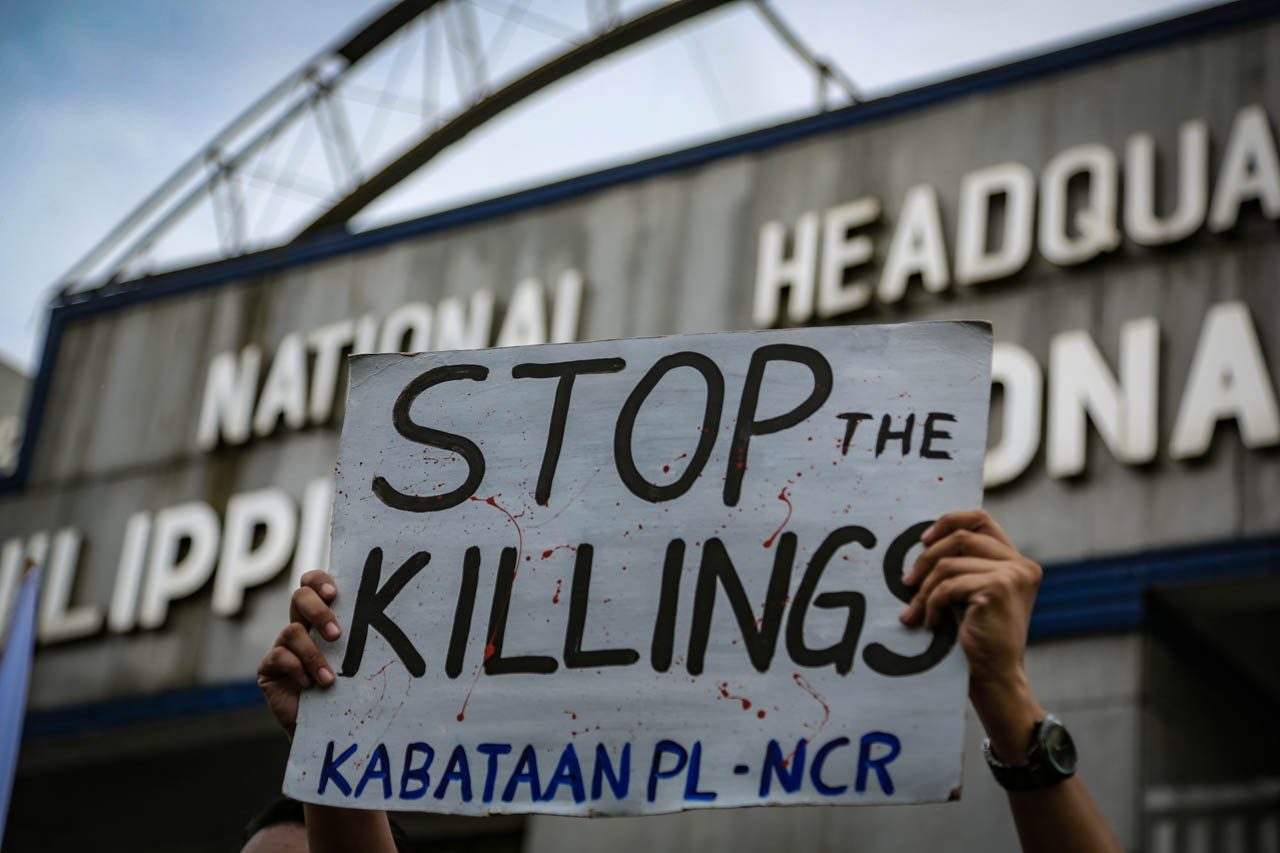

MANILA, Philippines – The still elusive justice continues to pave the way for more killings under President Rodrigo Duterte’s violent anti-drug campaign, Amnesty International said in its latest report released on Tuesday, March 29.
In its 2021/2022 State of the World’s Human Rights annual report, Amnesty pointed out that “lack of accountability continued to facilitate unlawful killings and other human rights violations under the government’s war on drugs campaign.”
Data from the government shows that 6,229 people were killed in police anti-drug operations from July 1, 2016, to January 31, 2022. This toll does not include victims of vigilante-style killings, which human rights groups estimate to be between 27,000 and 30,000.
Data obtained by Rappler in September 2020, however, showed that 7,884 drug suspects had been killed by the police since Duterte assumed office until August 31, 2020.
Only one case has led to a conviction so far – the killing of 17-year-old Kian delos Santos in 2017. Families of thousands of other victims continue to face challenges in seeking justice for their slain loved ones, including harassment and inability to get key reports from police. (READ: In Duterte’s drug war, justice is ‘nearly impossible’)
‘Woefully inadequate’
Human rights organizations, both local and international, have consistently criticized the lack of accountability for the killing spree under Duterte’s war on drugs.
But the Philippine government insists that it is doing genuine probes by highlighting the work of an inter-agency panel led by the Department of Justice (DOJ). The panel announced in February 2021 that police “failed to follow standard protocols” in the conduct of operations.
Amnesty, in its latest report, said the DOJ could have done a better job in its review, though the department did confirm that violations took place.
“Although the review was woefully inadequate and failed to meet international standards, its limited findings contradicted police claims that lethal force had been justified, and confirmed violations documented by local and international human rights groups,” Amnesty said.
The independent probe of the Commission on Human Rights (CHR) found that the injuries of victims reflect “the brutality of the anti-drug campaign and indicates possible abuse of strength and intent to kill by the perpetrators.”
The International Criminal Court began its formal investigation into drug war killings, with the ICC pre-trial chamber saying in September 2021 that the killings “took place pursuant to or in furtherance of a state policy.”
ICC Prosecutor Karim Khan has since temporarily paused the investigation as a matter of procedure, but he asked the Duterte government to prove that it is genuinely investigating the killings.
Red-tagging, more killings
Aside from drug war killings, Amnesty International also highlighted in its report the rising incidents of red-tagging in the Philippines, and the deaths that resulted from this harassment, especially among human rights activists and grassroots organizers.
“The linking of organizations and individuals to communist groups by the authorities, known as ‘red-tagging,’ led to killings and harassment of human rights defenders, political activists, and others,” Amnesty said in its report.
Rights group Karapatan documented 421 incidents of killings between July 2016 and August 2021. It also recorded at least 504 cases of frustrated killings, while 1,138 activists have been arrested and detained over the past five years.
The CHR, in a previous report, said the Duterte administration “created a dangerous fiction that it is legitimate to hunt down and commit atrocities against [human rights defenders] because they are enemies of the State.”
– Rappler.com
Add a comment
How does this make you feel?
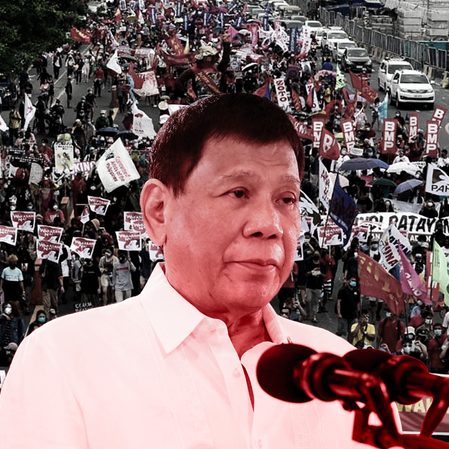
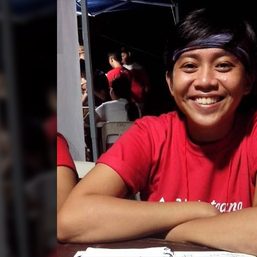

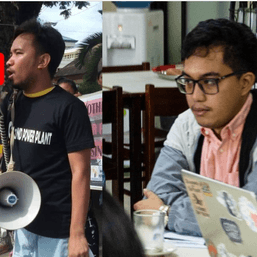
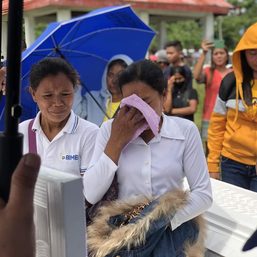
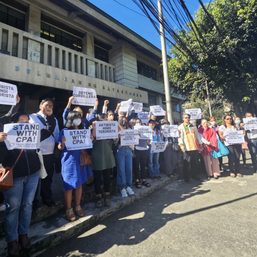
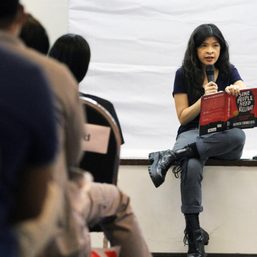

![[OPINION] ‘Some people need killing’](https://www.rappler.com/tachyon/2024/04/tl-some-people-need-killing-04172024.jpg?resize=257%2C257&crop_strategy=attention)



![[Rappler’s Best] Patricia Evangelista](https://www.rappler.com/tachyon/2024/04/unnamed-9-1.jpg?resize=257%2C257&crop=486px%2C0px%2C1333px%2C1333px)

There are no comments yet. Add your comment to start the conversation.